I often get asked during interviews what it is that makes a successful entrepreneur. The host is usually looking for an insightful answer that reveals something that can achieve one of two things:
It can be the secret that finally inspires them to stop doing what they clearly don’t enjoy and plunge into building a business…
Or it reveals something difficult — something they don’t have and could never have and, therefore, justifies their inner decision never to take the plunge at all.
I sometimes think that my answer usually disappoints and even comes across as vague or new age.
That is, until I came across an old Richard Branson interview.
A host asked him exactly the same question and then sat back ready to be illuminated. And guess what?
Richard Branson answered exactly the same way as I do.
In fact, it made me laugh out loud.
At first he stumbled over his answer, but then said that entrepreneurs usually don’t set out to be entrepreneurs. They’re just ordinary people who want to make a positive difference in the lives of others and are frustrated by what they’ve seen and want to fix it.
It can be a gap in the market or it can be a better way of doing or making something.
I was pleasantly surprised to hear my own opinion confirmed by such a successful entrepreneur as Richard Branson, a man whose desire to make a difference in other people’s lives shines through in the culture of his companies and the attitude of his employees.
Last week, I received several emails from people who are excited by the control they are taking in their lives, and who are considering starting their own ventures.
There are few things in life as exciting as leaving a regular job behind and starting out on your own.
It’s the excitement of the pioneer.
However… most of the emails also said that they were “planning” this adventure. They were playing with ideas and working on getting a clear understanding of what their new venture would look like.
NO, no and thrice times no.
If you were to tiptoe to the edge of the cliff and then look down to survey your landing options, you would freeze…
Paralysis by analysis, I call it.
You would try to work out your falling trajectory:
Would you land on rocks, sand or in the water? You might take in the weather conditions and think about crouching before jumping so that you can control where you land. You might even analyze the weight of your clothes and your body shape and how to land in a way that causes the least pain.
The sum of all that analyses would be to step back from the edge, and eventually you’d convince yourself that you’ll retreat and come back on another day perhaps in lighter clothes, perhaps when the weather is better.
Richard Branson and I would tell you that the entrepreneur is the one who jumps.
He jumps because he cares to find out what jumping feels like… not what landing feels like.
What always happens is that the jump never ends, a landing never comes because straight after jumping, the wind changes direction and you find yourself flying high over the cliffs.
All very metaphorical but, also, all very true.
You cannot become a successful entrepreneur by wanting to be one or by planning to be one.
To be a successful entrepreneur you have to take a step back.
You have to find something you care about.
In my case, I was frustrated that people with rare diseases were being ignored by the pharmaceutical system in which I worked. There was nothing wrong or evil about that system because it was just a system that evolved.
I cared enough to make a difference in those lives that I jumped.
And then, suddenly, I was flying and realized,
“Oh, my God, I am an entrepreneur.”
I never set out to be one and, in my experience, those that set out with that thought in mind usually don’t do very well.
Those who care become entrepreneurs almost by default.
- Henry Ford simply wanted to find a way to make vehicles that the common man could afford — because the fun and benefits of car ownership were only going to be for the rich.
- Michael Dell wanted people to be able to customize computers to their own needs.
- Mary Kay wanted to provide equal business opportunities to women who were overlooked in a male dominated society.
None of them thought of themselves as entrepreneurs first. They were simply fired up to make a difference about something.
The other thing that defines the entrepreneur (both in my mind and it was also stated this way in the Richard Branson interview, which you can find on Youtube and is definitely worth watching) is that entrepreneurs are not managers.
Entrepreneurs don’t do things by objectives or goals or organization.
They use Intentions.
They aim high — usually without a clue of how to solve the problem or achieve the intention.
I imagine most people who listen to these podcasts want to be their own boss or want to be in charge of their own destiny.
Some of you may have already jumped and are enjoying the thrill of flight.
But from some emails I get, I also know that some of you are waiting to jump. You’re planning and thinking.
Instead, go back and redo that commitment ritual.
Look inside yourself and find that thing — or those things — that make you mad, frustrate you, or you would change if you could.
They can be small or large… it doesn’t matter.
But if you really care about them, then decide to do something about them.
Forget thinking about being a successful entrepreneur. Think about the thing you care most about changing or solving.
The rest comes naturally.
Cheers,Trev
A version of this blog post has also been published on Medium.com


